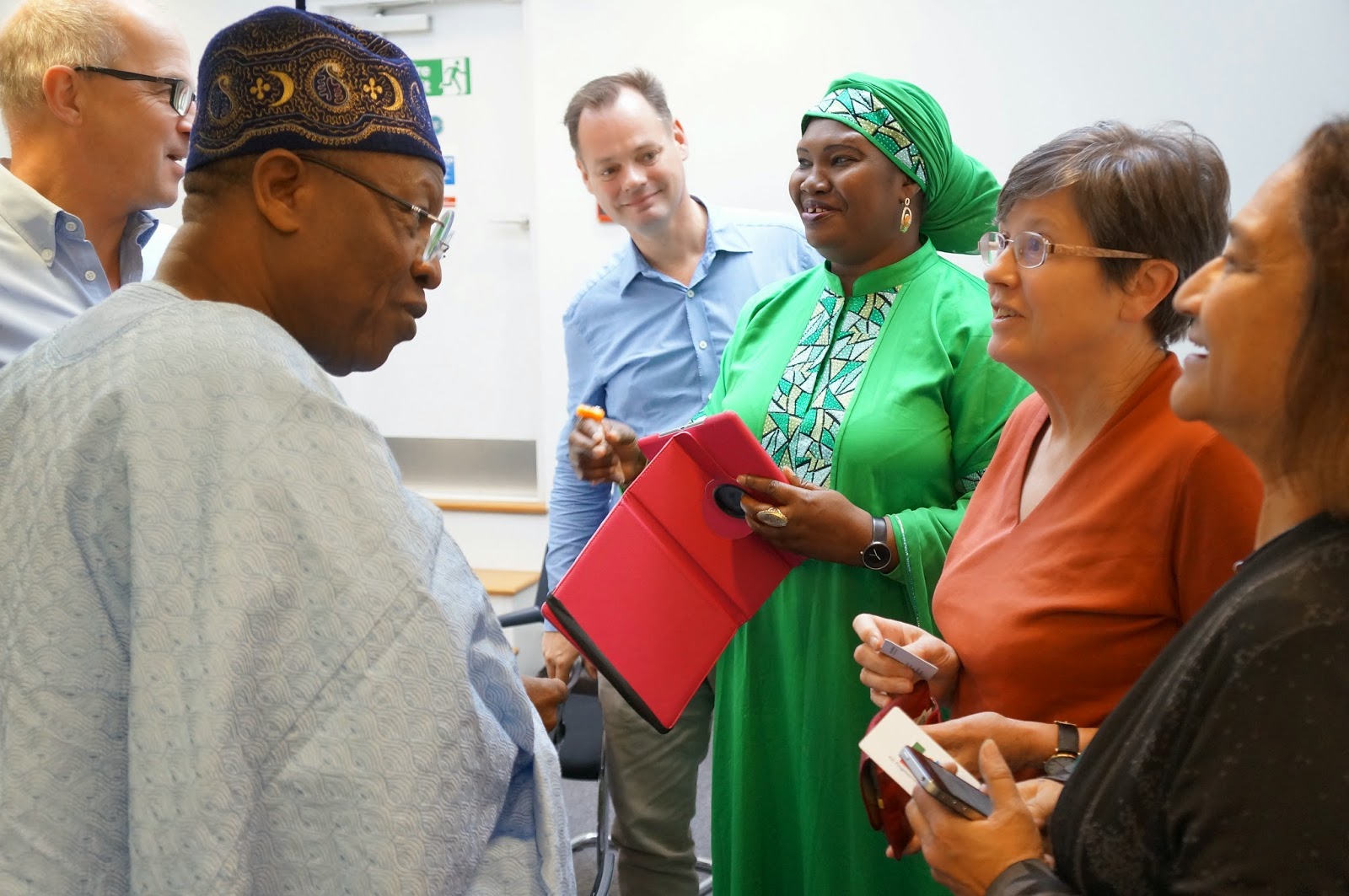Nigerian Opposition briefs the FPA
'President Goodluck Jonathan is exploiting Boko Haram insurgency in Nigeria for political ends' – Opposition spokesman
Nigeria’s ruling party wants to profit from Boko Haram,
according to the chief spokesman for the All Progressives Congress (APC), which
is aiming to win the general election in Nigeria on February 14th
next year.
Lai Mohammed told FPA members that the longer the insurgency goes
on, the easier it will be for the Government to suspend the elections in
affected areas, disenfranchising about 5 million supporters of the APC.
The stage was set for a major political
upset - but that depended on the election being free and fair. Mr Mohammed said a request has already been made for EU observers to monitor the poll. He said the APC wanted to revamp the Nigerian economy; the top issue was unemployment
and jobs, followed by corruption and then security. Poverty, driven by endemic
corruption, and not religion was at the heart of
Nigeria’s current problems. A future APC Government would negotiate Boko Haram
out of existence as a prudent and focused Government; the alternative was
continuing corruption, poor governance and poverty.





